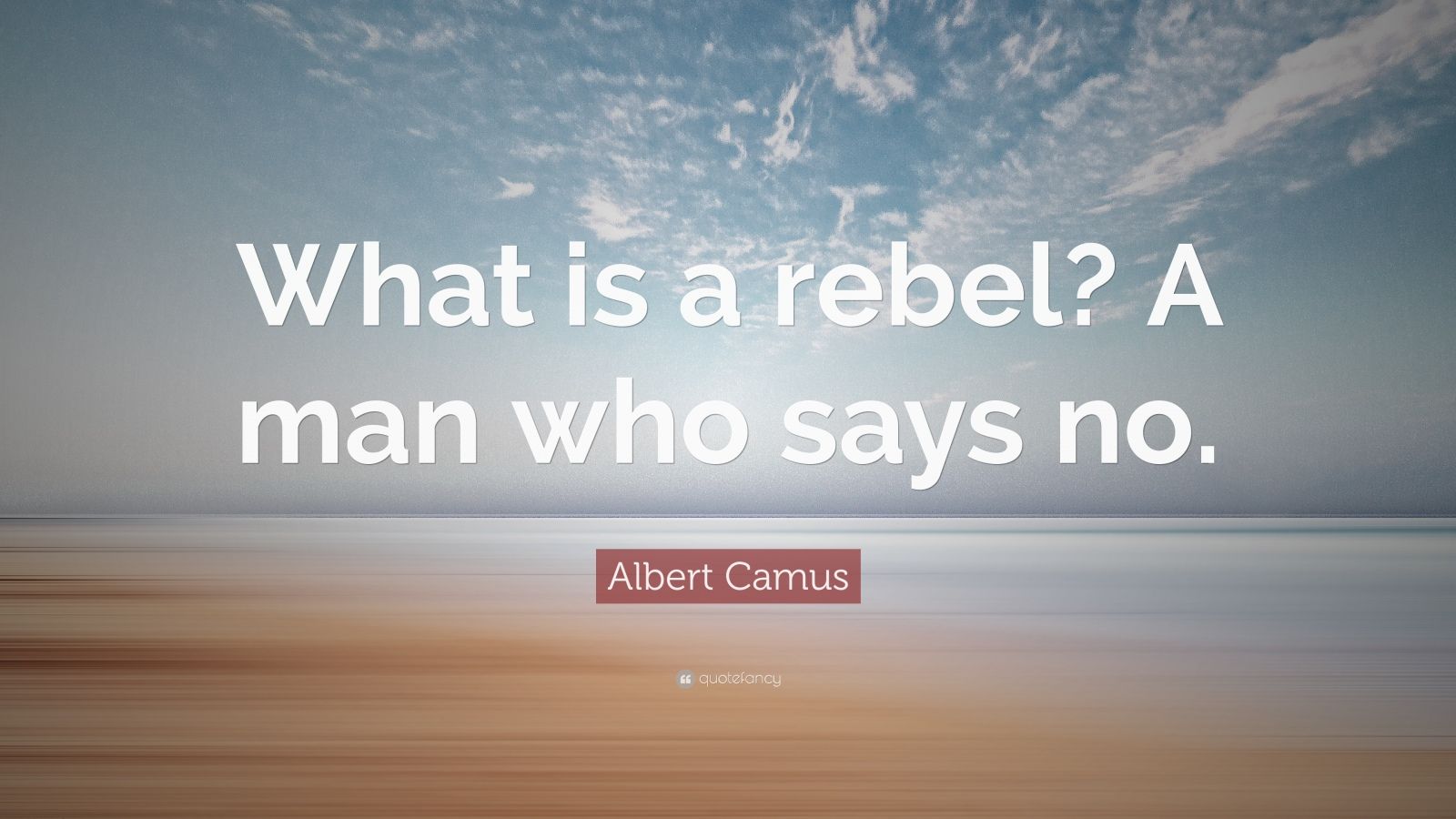

Indeed, William’s opinion is that it was mainly due to the enormous impact of Jonas’s influential work that the view of the so-called Gnostic “protest exegesis” dominated the study of ancient Gnosticism in the second half of the twentieth century. Readers of Michael Williams’s Rethinking Gnosticism will surely trace this analysis back to Hans Jonas’s The Gnostic Religion.

2 Such an understanding of ancient Gnosticism presents Gnostics as anarchists avant la lettre, as rebels who romantically rejected the yoke of a life of alienation, governed by suffering and limited by death.

1 It has been considered as inverting ancient patterns of knowledge transmission, rejecting the standard cultural values of ancient society, representing a protest exegesis, and rejecting ancient philosophy or else upsetting contemporary ethics. Depending on the scholar, Gnostic revolt has been seen as directed towards either world rulers in general, or Judaism and the God of the Old Testament in particular. Modern receptions of ancient Gnosticism tend to highlight Gnostic non-conformism, especially admiring the alleged gnostic freedom of mind, and revolt against standard values and norms.


 0 kommentar(er)
0 kommentar(er)
